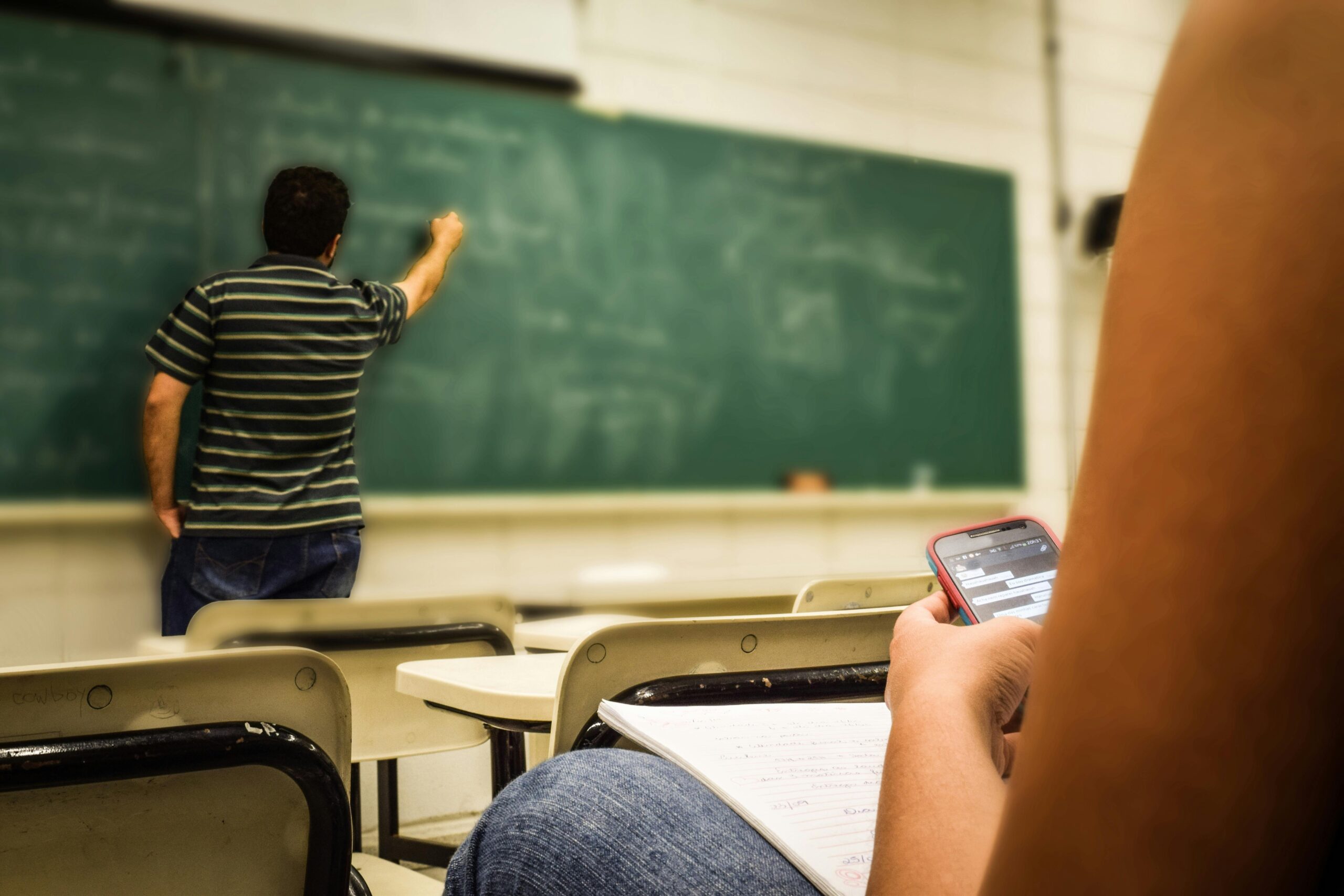Libraries play a crucial role in modern education, evolving well beyond their traditional function as book repositories. Here are several key ways in which they contribute:
1. Information Literacy
Libraries teach critical skills for navigating and evaluating information. In an age of information overload and misinformation, librarians help students develop the ability to discern credible sources and engage with various types of media effectively.
2. Access to Resources
Modern libraries provide access to a vast array of resources, including digital databases, e-books, journals, and multimedia materials. This wealth of information supports diverse learning needs and research projects.
3. Technology Integration
Libraries often offer access to technology that students might not have at home, such as computers, software, and high-speed internet. They also provide training on how to use these technologies, which is essential for both academic and professional success.
4. Collaborative Learning Spaces
Libraries are designed to be spaces for collaboration and group work. Many libraries have moved towards creating flexible, open areas where students can work together on projects, study in groups, or engage in discussions.
5. Educational Programs and Workshops
Libraries offer a range of educational programs and workshops, from literacy classes for early learners to research seminars for university students. These programs often focus on enhancing skills that are critical for academic achievement.
6. Support for Diverse Learning Needs
Libraries cater to diverse educational needs by providing resources and support for different learning styles. They offer materials in various formats, such as audiobooks and large-print books, and may provide specialized services for students with disabilities.
7. Community Engagement
Libraries often act as community hubs, hosting events, lectures, and discussions that enrich the educational experience. They can connect students with local experts, organizations, and resources, fostering a sense of community involvement and lifelong learning.
8. Encouraging Reading and Literacy
Libraries promote a culture of reading and literacy by offering a wide range of books and literary programs. They often run reading challenges, book clubs, and author talks that inspire a love for reading and improve literacy skills.
9. Research Assistance
Librarians provide valuable assistance with research, guiding students through the process of finding and using academic sources. This support is crucial for students conducting research projects or working on complex assignments.
10. Safe and Inclusive Spaces
Libraries create safe and inclusive environments where all individuals, regardless of background or ability, can access resources and support. They are often places where people can study quietly or seek help without judgment.
In summary, libraries have adapted to meet the changing needs of modern education by becoming centers of information literacy, technology access, and community engagement. Their role in supporting learning and fostering intellectual growth remains as important as ever in the 21st century.
